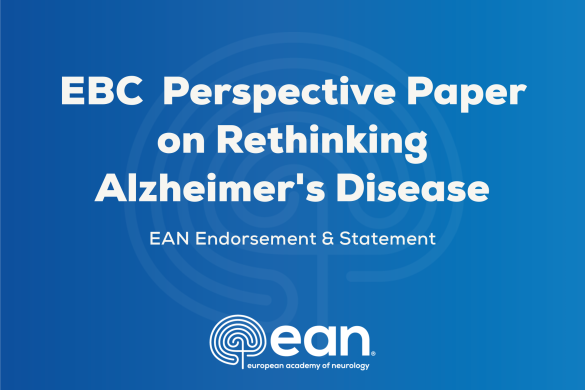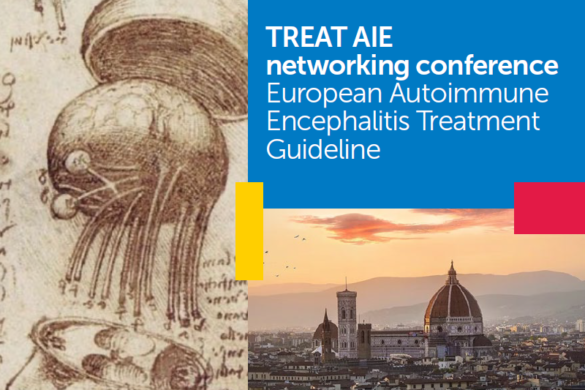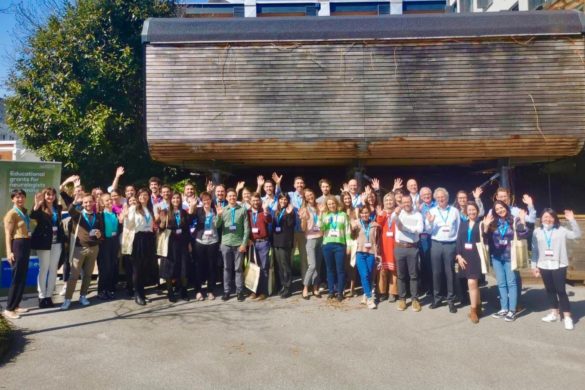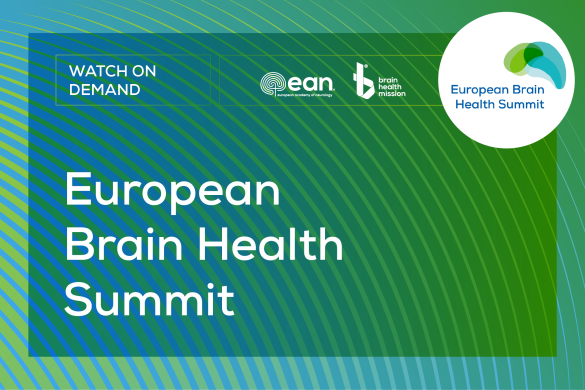I spent 6 weeks in the Neurocenter of the Inselspital, Bern, Switzerland. I had the opportunity to work in the out-patient department (1 week), in the hospital (3 weeks), in the EMG department (1 week), and in the intensive and emergency care department (1 week).
My working day started at 7.45 a.m. with an educational lecture with presentation of a medical case or up-to-day methods of investigation and treatment of nervous diseases. Every Monday I attended the research group meetings where I had the opportunity to learn the up-to-day research trends and take part in their discussion. The research group meetings were in English. I visited the conference “The future of the Neuromedicine” where I learned the main focuses and achievements in nervous diseases treatment at the University Neurocenter in Bern.
In the out-patient department I could visit the specialized consultations of patients with Parkinson’s disease and other movement disorders, multiple sclerosis, epilepsy, and sleep disorders.
In the EMG department I became acquainted with the method of triple stimulation technique, which is not used in my clinic at home.
In the Emergency and Intensive Care Department I could see the work of the Bern Stroke Unit that works according to the International recommendations of stroke management (with using of thrombolysis, thrombo-extraction) with consequent mobilization, rehabilitation and secondary prevention of stroke in such patients.
I did a theoretical and practice course in treatment of movement disorders with Botulinum toxin and every Tuesday I attended Botox specialized consultations. Also I studied the indications and plan of investigation of patients with movement disorders (tremor, dystonia and Parkinson’s disease) for DBS (Deep Brain Stimulation). furthermore I had the opportunity to visit surgical operation and take part in EMG mapping of necessary locus. I could see the patients after their operation in the ward and take part in the setting up of the stimulator.
The Memory clinic and Sleep disorders laboratory shared their information with me and I had opportunity to compare their work with the work of the Memory Lab in my country.
I think that this programme was very informative and useful for my education. The only problem was the German language as my main language is English. I had no language problems in communicating with the doctors and medical staff of the clinic, but I think that my stay at the Inselspital would have been more effective if I had known the German (or French) language.
I am grateful to Prof. Bassetti, Prof. Kaelin, Prof. Mattle, Prof Roesler and all medical staff of the clinic for their amiability, transparency and co-operation.
Inna Tishkova is neurolgist working at Kozhevnikov’s Clinic on Nervous Diseases in Moscow, Russia.









